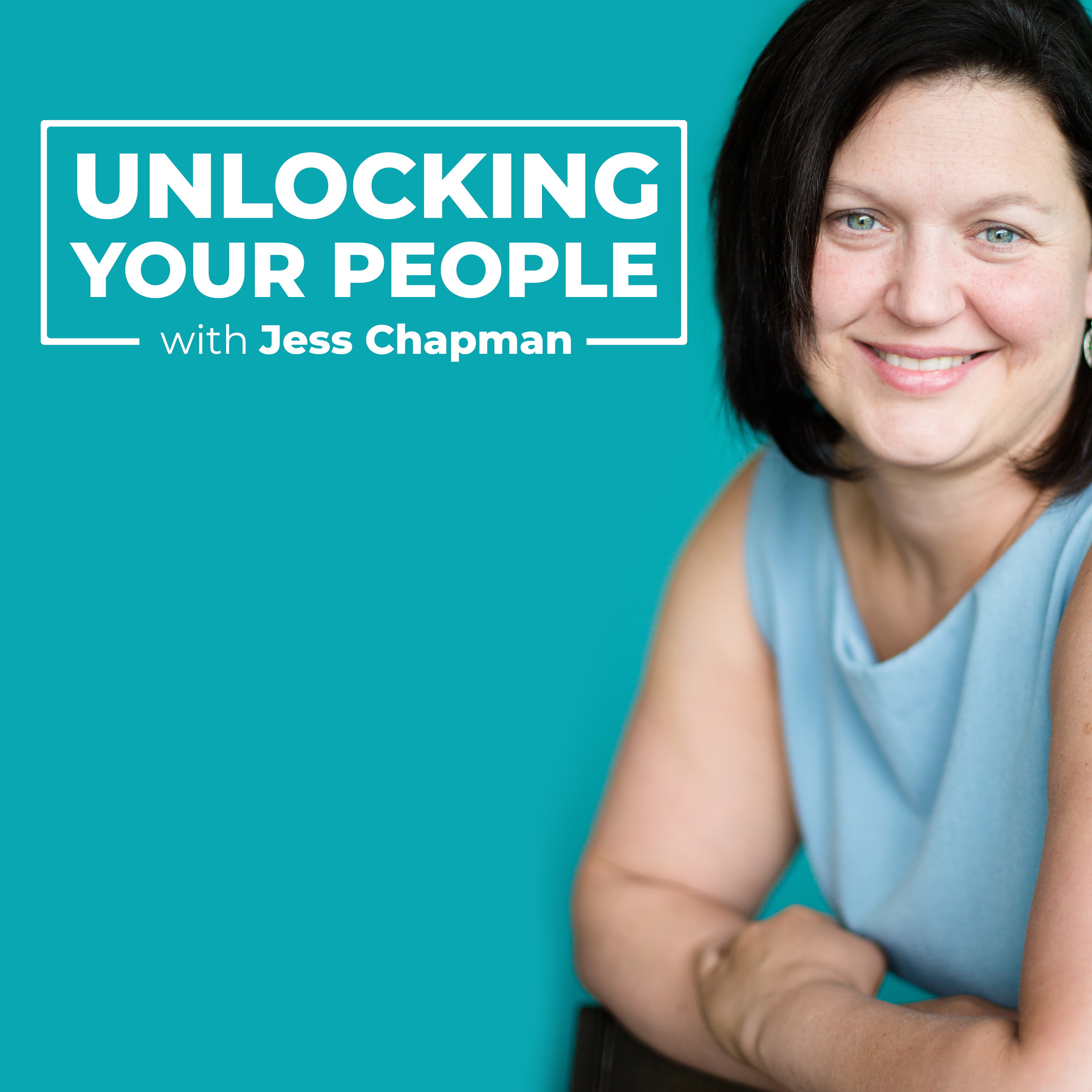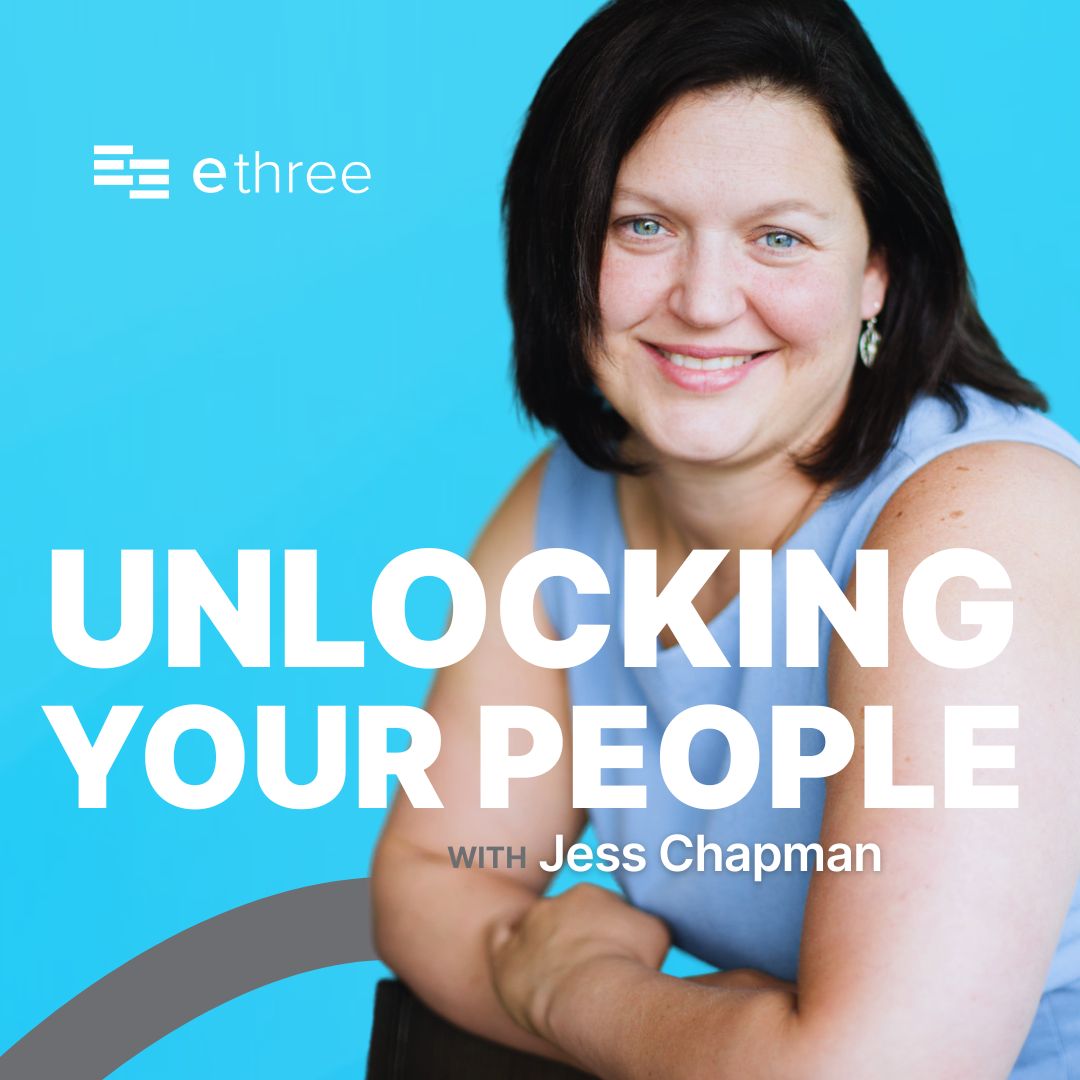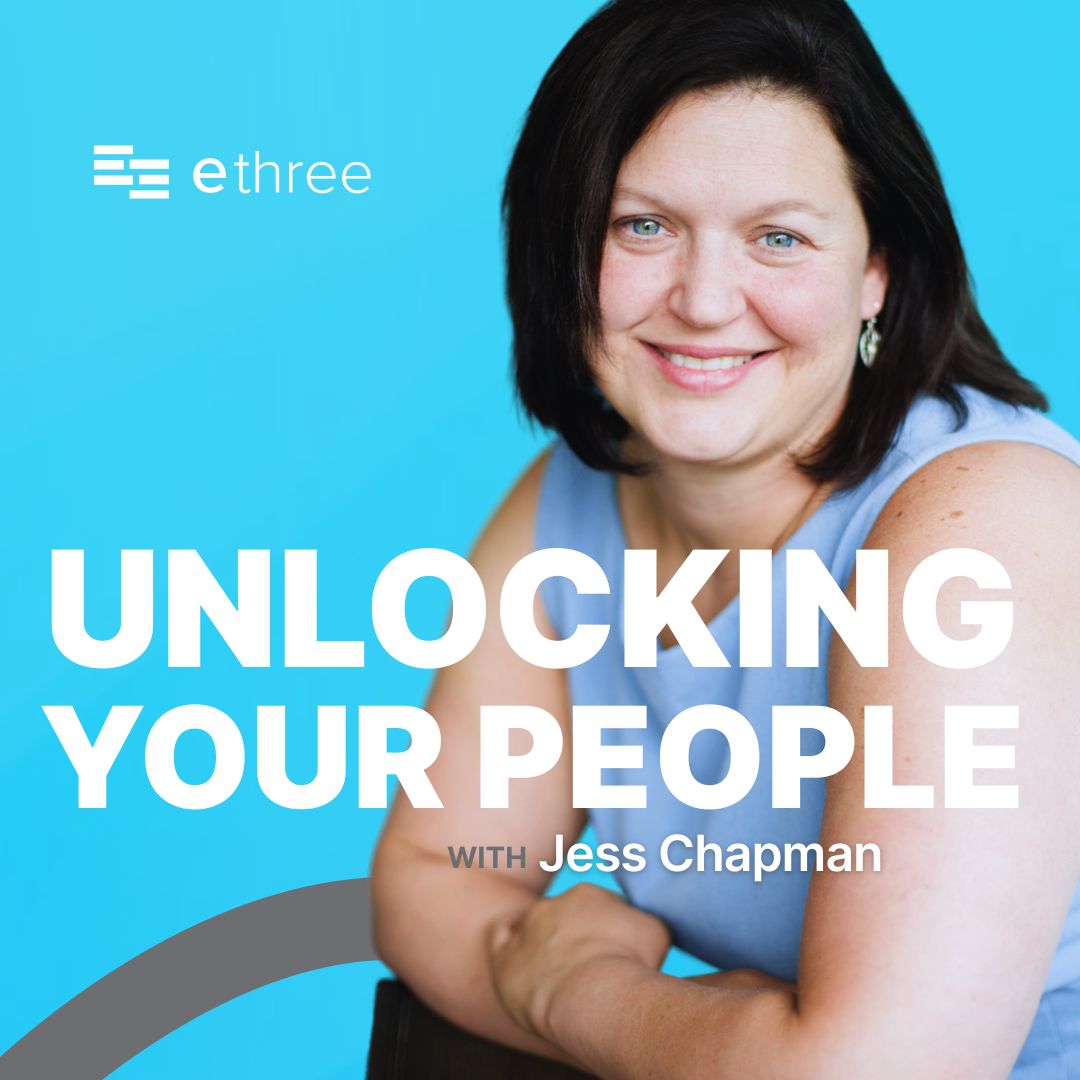Episode Transcript
[00:00:00] Speaker A: Foreign.
[00:00:04] Speaker B: So here's your question for this week.
[00:00:06] Speaker C: Okay. You ready? Okay.
[00:00:08] Speaker B: I had to tell someone on my team they didn't get the promotion they were hoping for. And ever since they've been really down and checked out, I'm not sure how to help them bounce back or if they even will.
[00:00:19] Speaker A: Any ideas?
[00:00:21] Speaker C: Okay.
Yes. Okay, good one. So they applied for a promotion. Is that what it says? They didn't or just a job?
[00:00:28] Speaker B: Yes, they applied for a promotion.
[00:00:30] Speaker C: Yes. Okay, we did get a promotion.
[00:00:31] Speaker A: Okay.
[00:00:32] Speaker C: So, yeah, I mean, bad news, Giving people bad news is never fun. The first thing I'd say is, so let's deal with where they are. Then we come back to how you have that conversation in the future that might not cause them to fall over quite so much.
So there is nothing to stop you from dealing with what you have in front of you with that person. So if. If they're. What I call off pattern. Right. So you're saying the person's not bouncing back or kind of deflated or whatever. Understandably. So they were probably hopeful they were going to get this job and they didn't get it. Deal with what's in front of you. So you seem down and flat since we had the last conversation. Or I just want to check in with you after either promotion conversation, how are you doing? And open the door to a conversation about how they're feeling and see if they will share kind of what's going on with you about it. And really a lot of that conversation is going to be perhaps doing what might have been done in the first conversation if it wasn't. So I'll talk about that in a second.
And it's really about listening, kind of empathizing with where they are, like helping them feel, come to terms with the decision and those types of things. There is a model called the SCARF model, which is developed by the Neuro Leadership Institute out of New York, which I love, which is about motivations in the brain. So what makes you happy or un. Like happy or unhappy. And they talk about threat and reward. Right. We respond to threat and reward. And so when you have to give somebody bad news, what you're going to do is essentially usually press all their threat buttons. And so that person has an emotional response to all of the negative things that you're telling them. And so you can use that model, and if you Google it, you'll find it, but you can use that model to help prep for that type of conversation or if you didn't do it, the first conversation in this one I'd use it to prep for this conversation. So the five, the five trigger points. They talk about status, which is about feeling important.
Certainty, which is about knowing the plan, having the future, not being gray. Like gray ambiguity is bad. Like, I want to have some sense of what's coming.
Autonomy, which is about control and freedom. Relatedness, which is about belonging and fairness, which is about being treated fairly. So when you think about not getting a job, particularly a promotion, or particularly if that person really thought they were going to get it or all those types of things, then they don't feel important anymore. I didn't get the job.
Like, what now? Maybe I'm not good enough. All those thoughts will go through their heads. They don't have any certainty. So who is getting the job? Does that mean I don't have a job? Will I ever get a job now? When I ever get a promotion? Like, all those things go off. They have any control over that process because somebody else picked their destiny for them. They may worry that that affects how they're seen and the relationships they have. And they won't know how the decision was made, so they'll question the fairness of it. And so any one of those buttons will cause some kind of negative emotional reaction in somebody to a degree. If you've wallops all five of them, it's kind of not surprising that that person is having not the best day, week, month. Right? And so what we want to do is when we give the bad news originally in the first conversation, we want to speak to those things. But if you miss it, you can come back and do it later. It's not like we get one shot with people. We never get shot again. You can have the conversation. So it's, how do you make that person feel reassured that they are important? Look, just because you didn't get the promotion doesn't mean you won't get the next one. I can't guarantee you anything, but, like, you're super valuable here. You're really well respected in what you do. You're great at your current job, right? So don't take this as a kick to how important you are, because that's not what it is. Then you work on the certainty and the control piece. So let's figure out a plan for how you can work on the areas that you need to develop in in order to get a job in the future. Again, I can't guarantee you anything, but let's look at, you know, what wasn't so strong in your interview. Let's build a plan to Work on those things and you're giving them some certainty again, you're giving them some control back. Give them proper feedback from why they weren't successful in the interview, then it's fair. It wasn't. You just didn't pick me. I can actually point to the things that you need to work on and that you need to build on. Let's build them into your plan then. You know, it was a fair process. And because I'm working with you to support you on this, we have a good relationship, I'm kind of boosting you that way. Right. So that's an example of kind of how you might use those trigger points to kind of frame that conversation and, and be okay with people being unhappy. Like, so one of the things I always say to folks is data just tells you someone cares. Right? Emotions are a form of data. They just tell you the person cares. And in this case they, they care unhappily because they didn't get something they wanted doesn't mean they won't ever. Right. But the more that we focus on those kind of buttons, the more that we can help them move to a more positive place more quickly. So Scarf is definitely worth checking out. If you're going to have to give somebody, you can use it to prep for that conversation or if you see that somebody's unhappy about something, you could kind of listen to what they're saying to figure out which of those triggers might be causing the reaction and help to remove it from the situation. So that's a very short answer to what could be a longer situation. But I'd start with that open door conversation about how they're feeling. Try and reassure them on any of those points that you hear, or all of them if you want to, and then see if they're progressing over time.
But also be patient. I mean, if the person really wanted a promotion and they didn't get it, they're not going to suddenly bounce back tomorrow. And that's okay. As long as they're showing up respectfully and professionally and still continuing to do their job, then let them lick their wounds for a while. That's all right.
[00:05:39] Speaker B: Amazing. And is there any place online that people can go to find that information or anywhere you would direct folks for more information on that.
[00:05:45] Speaker C: If you. So if you want to Google the Neuro Leadership Institute, you'll get some information about what they do. But if you Google scarf and the NeuroLeadership Institute, it'll tell you all about that framework and you can do, I think you can still do it. They have an assessment of it online, so you can do your own assessment and see what your major scarf triggers are. And it always used to be free. I don't know if it still is, but it used to be free. So that's definitely something I would look into if I was a leader in an organization and didn't know about it.
[00:06:14] Speaker B: Amazing. We'll put that in the show notes for listeners.
[00:06:17] Speaker A: Awesome. Thanks, Jessica.


